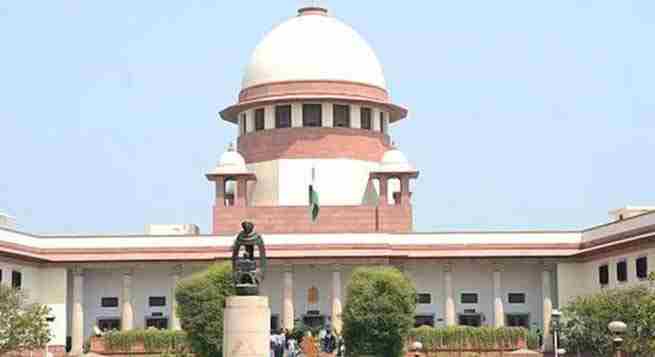India’s Supreme Court, while refusing to give interim relief to the broadcasters, directed them to file short synopsis of the petition instead of a lengthy one than ran into 51 volumes.
The broadcasters had challenged in the Supreme Court a Bombay High Court order, which upheld regulator TRAI’s powers to make economic regulations, while granting some concession to the TV channels in a case that’s popularly known as New Tariff Order 2.0 (NTO 2.0) case.
The case, as listed in today’s agenda of the Supreme Court, was taken up. But because of the lengthy petition of the Indian Broadcasting Foundation (IBF), a trade organisation for TV channels in India, and those filed by other broadcasters, the court could not hear the matter.
The apex court also refused to stay the Bombay High Court order or give interim relief to the broadcasters, as pleaded in the petition, till the next hearing on August 18 when it would be listed for consideration on merits.
The IBF, several broadcasters and the Film and TV Producers Guild of India have challenged in the apex court the Mumbai court’s order on the ground it overlooks the constitutional rights of the broadcasters.
The new challenge by the broadcasters states that the Mumbai court has “incorrectly sought to read into Article 19(2), an additional requirement of public interest, when it comes to interpret a broadcaster’s right to freedom of speech and expression under Article 19(1)(a) of the Constitution of India”.
It goes on to add: “This error in interpretation of one of the most sacrosanct and hallowed of the fundamental rights, permeates the entire reasoning of the Hon’ble Bombay High Court in the Impugned Order, while dismissing the Petitioners’ challenge to the Impugned Amendments that have the effect of imposing unwarranted restrictions on the exercise of the fundamental right, of the members of the Petitioners, to speech and expression and in effect micromanaging the functioning of the broadcasting industry.”
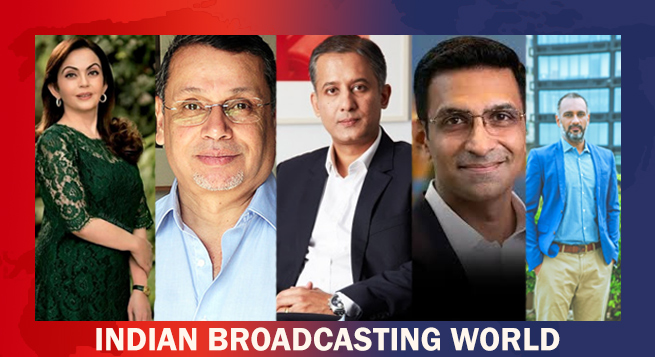 Kevin Vaz, Kiran Mani, Sanjog Gupta to head 3 verticals of JioStar
Kevin Vaz, Kiran Mani, Sanjog Gupta to head 3 verticals of JioStar 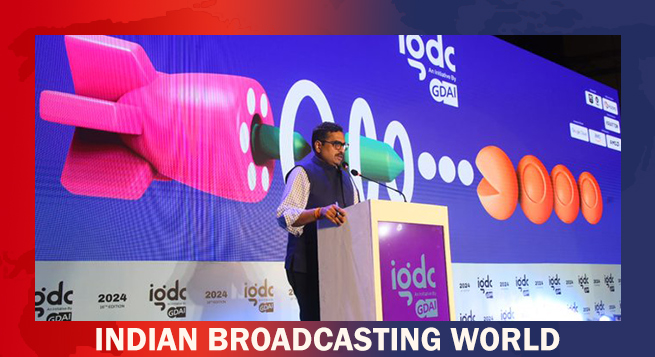 Govt & industry to prime gaming space for global dominance: MIB Secy Jaju
Govt & industry to prime gaming space for global dominance: MIB Secy Jaju 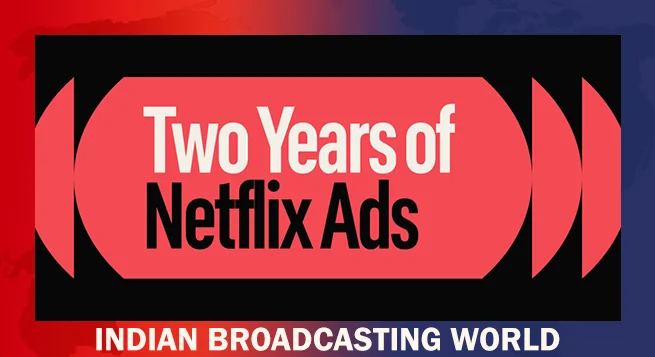 Netflix ad-supported tier touches 70mn MAUs globally
Netflix ad-supported tier touches 70mn MAUs globally 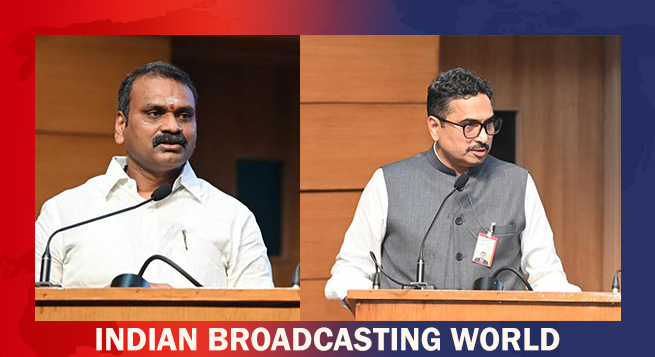 Minister Murugan likens IFFI to Cannes fest; ‘Better Man’ opening film
Minister Murugan likens IFFI to Cannes fest; ‘Better Man’ opening film 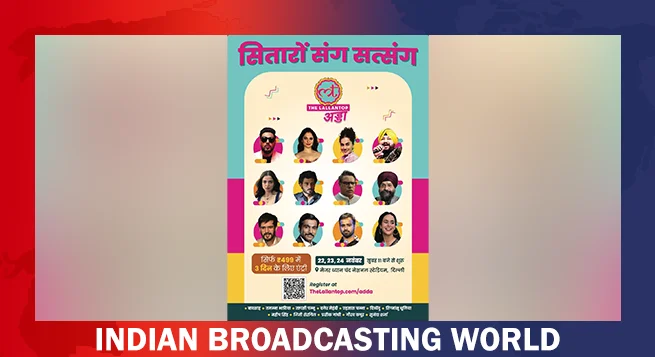 Lallantop Adda to be held on Nov 22-24
Lallantop Adda to be held on Nov 22-24 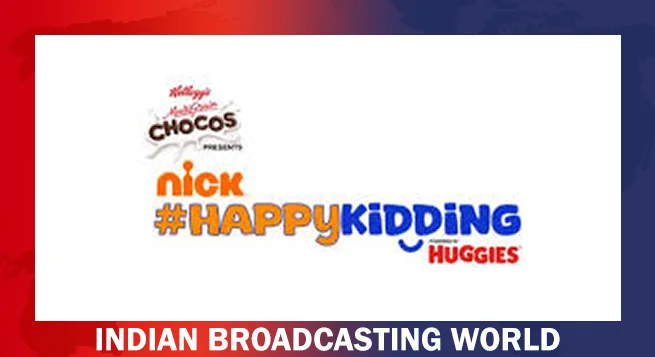 Nickelodeon extends #HappyKidding campaign
Nickelodeon extends #HappyKidding campaign 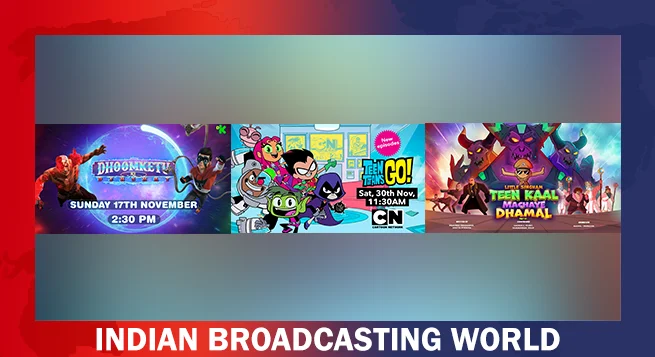 WBD celebrates kids with enchanting lineup
WBD celebrates kids with enchanting lineup  Nikkhil Advani: SonyLIV’s ‘Freedom at Midnight’ chronicles Indian history
Nikkhil Advani: SonyLIV’s ‘Freedom at Midnight’ chronicles Indian history 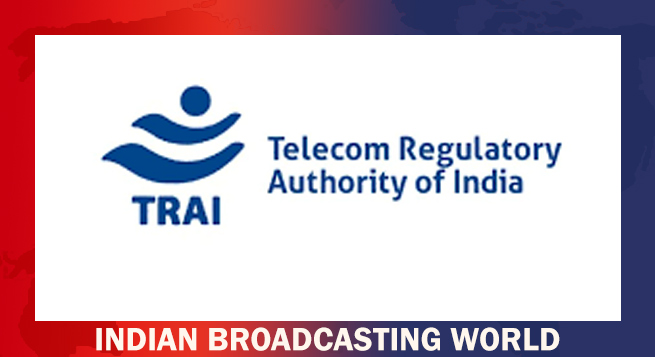 TRAI deadline for submission on ground-based b’casters extended
TRAI deadline for submission on ground-based b’casters extended 


